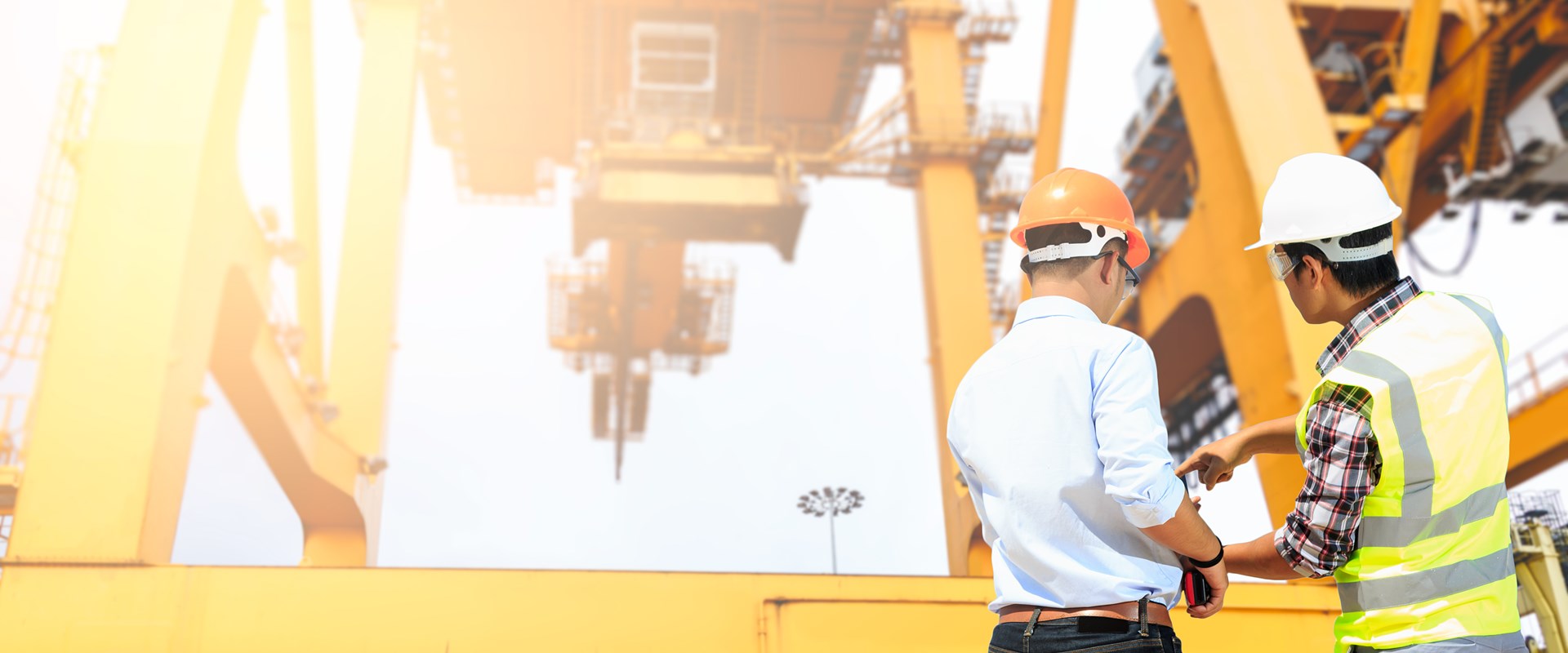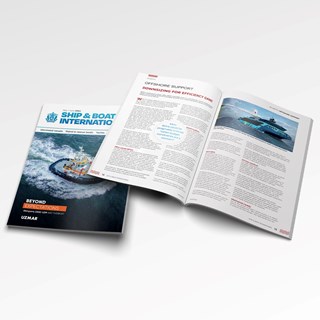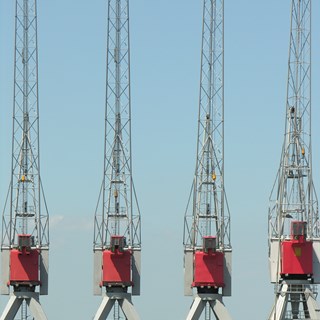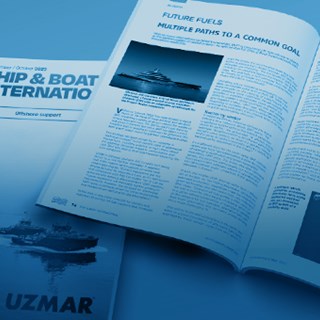The pandemic has accelerated the adoption of technologies for the shipping industry. The use of innovative tools and technologies can overcome border restrictions; for instance, with remote surveys and inspections, surveyors do not have to be physically present on-site or on board a vessel; instead, surveyors can now provide support, anytime, anywhere, with the use of the online connection, video streaming and other digital tools.
What are the pros and cons of a small survey, and do you think they will play a more significant role in the overall marine survey business in the next few years?
The remote survey can be a cost-effective way to gather initial information from the scene of an incident. It helps to establish the baseline conditions, especially those that are visible. However, ground-truthing requires SMEs to visit the site better to understand the interaction between machines and the human element. The remote survey cannot quickly establish such intangible interactions and causative factors.
Apart from drones, what another technological innovation has been introduced in the marine survey business and what other innovations do you want to see developed in the next few years?
High-definition and camera-equipped drones are becoming more commonly used for external vessel inspections. This is highly efficient as vessel downtime for inspection is significantly reduced. However, drones cannot fully replace the experience and expertise of a subject matter expert. Depending on the situation, a consultant like BMT can tap into its global network of surveyors and a wide range of innovative tools for asset review, monitoring and training purposes, providing consistent quality to its clients 24/7, 365 days a year. For instance, using a navigational simulator to train, plan and prepare users on how to manoeuvre at sea or other restricted waters; or a cloud-based solution to track your vessels in real-time and gives you the power to make informed decisions.
How has data analytics, machine learning and AI changed the role of marine surveyors and has it led to an increase in operational productivity?
Like the Internet of Things (IoT) for smart cities, technology can be deployed to collect, store, manage, integrate, process, analyse and present vast data quickly to help you monitor and manage your assets. While BMT Deep has proven its mettle for offshore Oil & Gas installations, the application is now being extended to serve ports and marine surveys.
Which region do you see the most significant potential growth for the marine survey business, and what factors contribute to their robust/possible development?
In an independent ranking of the performance of 43 cities offering port and shipping business services done by the Xinhua-Baltic International Shipping Centre Development (ISCD) Index, Singapore emerges as the top maritime centre for the eighth consecutive year. The release issued by the Baltic Exchange elaborated that Singapore is the ultimate location in the 2021 ranking due to the size of its port, the number of internationally focused shipbrokers, financiers, lawyers and insurers based here its supportive government policies.
We see Singapore as a regional hub to support its global clients by extending its expertise and experiences in marine surveys and other marine consultancy services (such as vessel design, maritime engineering, risk & safety and investment support) to the rest of Asia.
How does marine survey contribute to the marine industry’s drive to attain sustainability?
The adoption of digital solutions in mainstream shipping and surveying acts as proof towards companies seeking management and business efficiencies and aiming for economic sustainability or proving that they are at least trying to be future-proof. As a science, technology, and engineering company, BMT uses its wealth of knowledge and expertise to help our customers respond to global challenges across renewable energy, climate resilience, resource use, biodiversity, and emissions reduction. We are also supporting organisations to transform their sustainability approach so they can be more responsible, competitive, and better positioned for the future.





